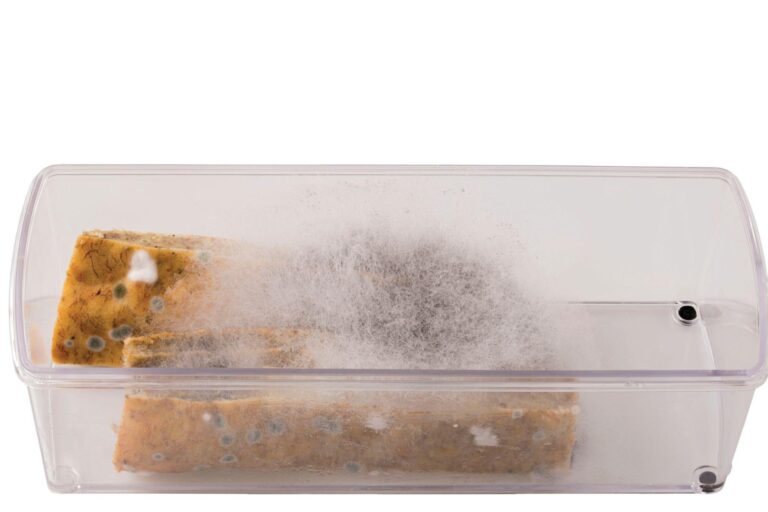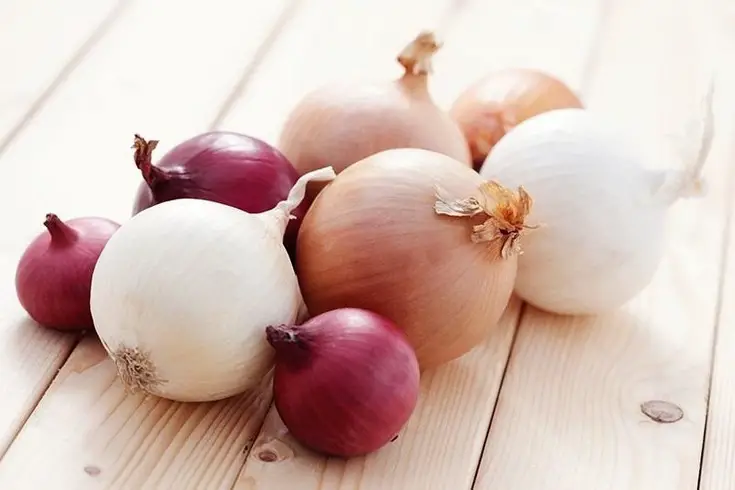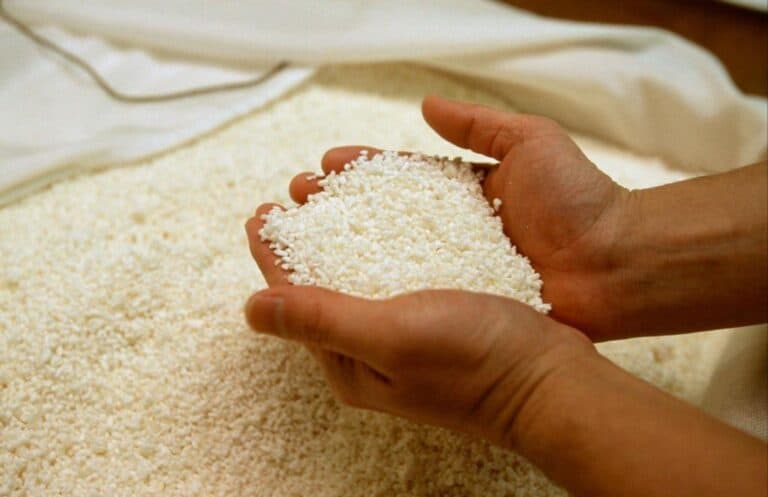Can You Eat Canola Oil Without Cooking It?
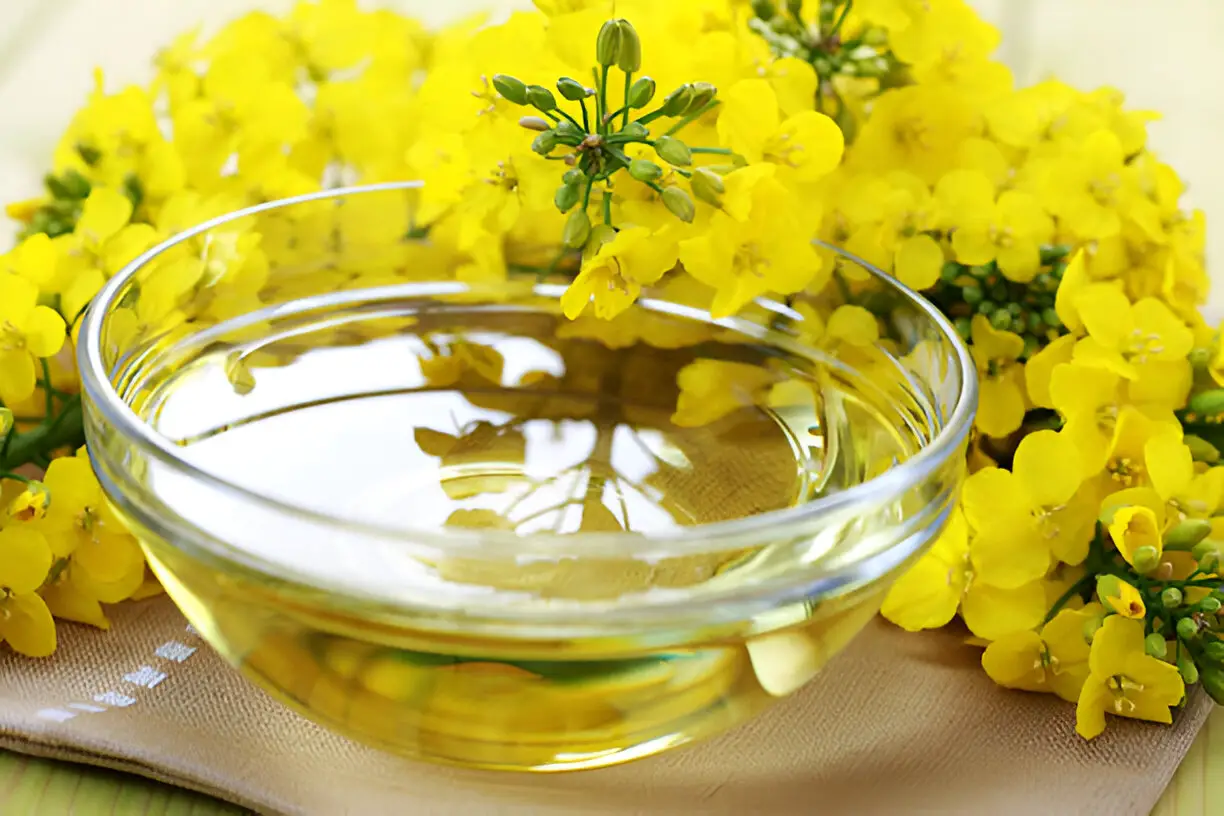
If you’ve ever found yourself with a bottle of canola oil in your kitchen and wondered, “Can I eat this straight up, or do I need to cook it first?”—You’re not alone. The idea of eating oil without heating it can seem a bit strange, especially if you’re used to only drizzling it on a sizzling pan or in a salad dressing. But canola oil is a bit of a mystery in this regard.
Let’s dive into this question, unpack some science behind it, and also explore the other uses of canola oil that might surprise you.
What Exactly Is Canola Oil?
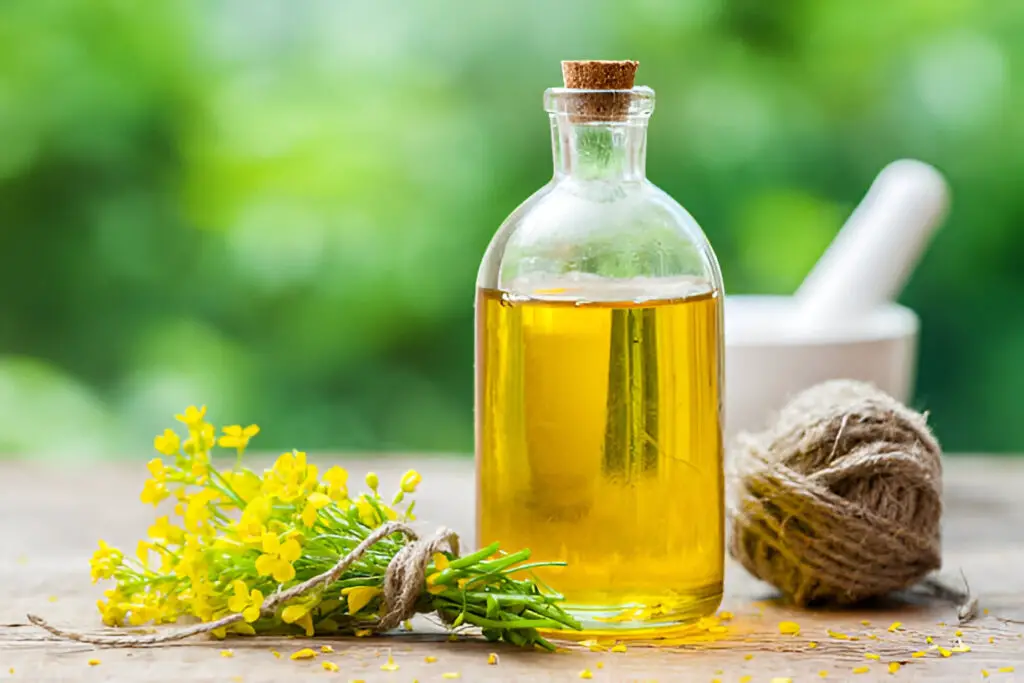
Before we get into whether you can eat canola oil without cooking it, let’s take a step back and look at what canola oil really is. Canola oil comes from the seeds of the canola plant, which is part of the mustard family. You can find this plant growing in parts of the United States, Canada, Europe, and Australia.
After harvesting, the canola seeds are crushed to release the oil inside. The extracted oil is typically refined, processed, and deodorized to create the neutral-tasting and pale yellow liquid we use in kitchens today.
This oil doesn’t have the strong aroma of olive oil or coconut oil, which is why it’s so versatile in cooking—it doesn’t overpower the flavor of your dish.
Can You Eat Canola Oil Without Cooking It?
So, here’s the million-dollar question: Can you eat canola oil without cooking it? The short answer is… probably not the best idea.
Here’s why: While there are no major health concerns about eating canola oil straight, it’s typically used for cooking because of its high smoke point and mild flavor.
Canola oil is designed for high-heat applications like frying, sautéing, and grilling. When you consume it raw, there’s no immediate danger, but it’s not the most enjoyable way to consume it. Plus, it’s not really a nutrient-dense food on its own. It lacks the antioxidants found in olive oil, for example.
The Health Benefits of Canola Oil
Now, I know what you’re probably thinking—”Isn’t canola oil just another processed oil, full of unhealthy fats?” Well, not quite. Canola oil is actually one of the healthier cooking oils out there, and it’s recognized by health organizations like the FDA for its heart-healthy properties.
Here’s the breakdown:
- High in Unsaturated Fats: Canola oil contains a high concentration of unsaturated fats, which are the “good” fats that help reduce the levels of bad cholesterol in your body. Specifically, it’s rich in both monounsaturated fats (like oleic acid, which is also found in olive oil) and polyunsaturated fats (like alpha-linolenic acid, a plant-based omega-3 fatty acid).
- Low in Saturated Fat: Unlike some other oils, canola oil is very low in saturated fat, which is the type of fat you want to limit in your diet to maintain heart health.
- Omega-3 Fatty Acids: Omega-3s are essential fats that our body can’t make on its own. Canola oil offers a good plant-based source of omega-3s, which are crucial for brain function, reducing inflammation, and promoting heart health.
So, while it might not be the best idea to eat canola oil straight from the bottle, it definitely earns a spot in your pantry when used as a cooking oil or in salad dressings.
The Processing of Canola Oil
Let’s talk a little about how canola oil is processed because that might influence how we think about it. The extraction process begins with cleaning the seeds, followed by crushing them to release the oil. This oil is then refined and often bleached and deodorized to create a neutral-tasting oil that’s stable at high temperatures.
While some may have concerns about the refining process and its effect on the nutritional value of the oil, the truth is that canola oil is carefully processed to remove any potentially harmful substances. The oil itself is free from trans fats and contains no cholesterol.
However, during the refinement process, some of the natural vitamins and nutrients can be stripped away, which is why you may find unrefined oils (like extra virgin olive oil) touted as a healthier choice. But when it comes to cooking, canola oil’s light flavor and high smoke point make it ideal for a range of dishes.
When Should You Use Canola Oil?
Canola oil is a jack-of-all-trades in the kitchen. Here’s why I love having a bottle of it on hand:
- Versatile for Cooking: With its high smoke point of around 400°F, canola oil is perfect for frying, grilling, sautéing, and even baking. It won’t break down or release harmful compounds like some oils can when heated to high temperatures.
- Mild Flavor: Its neutral flavor makes it an excellent choice for cooking dishes where you don’t want the oil to compete with the other flavors. Think cakes, muffins, pancakes, or stir-fries—canola oil won’t take over the show, but it will give your dish the right texture.
- Salad Dressings: You can also use it as a base for homemade salad dressings. Since it doesn’t have a strong taste, it allows the flavors of vinegar, lemon juice, or mustard to shine through.
- Heart-Healthy Fat: As I mentioned earlier, replacing saturated fats with unsaturated fats like those found in canola oil is a smart move for heart health. So, if you’re making the switch to a healthier fat in your cooking, canola oil is a great place to start.
Should You Use Canola Oil in Your Diet?
The short answer: yes, in moderation. Canola oil has a lot of health benefits, but just like with anything, balance is key. Don’t overdo it—replacing too much of your fat intake with oil, any oil, isn’t the best route for a well-rounded diet. You’ll still want to include other sources of fat, like avocados, nuts, and seeds.
The Environmental Benefits of Canola Oil
You might be surprised to learn that canola oil isn’t just good for your body, but also for the environment. Canola is often used in the production of biodiesel, a renewable fuel source that can help reduce greenhouse gas emissions. As an eco-conscious person, I appreciate the sustainability angle of this oil. It’s always a bonus when something I’m using in my kitchen can also be part of a larger, greener solution.
The Bottom Line: Can You Eat Canola Oil Without Cooking It?
To wrap it up, while you can technically eat canola oil raw, it’s not something I’d recommend doing on a regular basis. The oil’s flavor and nutrient profile are best appreciated when used in cooking or as part of a recipe. Whether you’re sautéing vegetables, frying a batch of crispy potatoes, or making a quick vinaigrette, canola oil serves its purpose in a variety of ways.
So, while you might not want to drizzle it straight onto your salad (unless you’re really into that), canola oil is a versatile, heart-healthy, and eco-friendly ingredient to incorporate into your cooking routine. Just remember: moderation is key, and balance is always the best approach to any fat in your diet.

